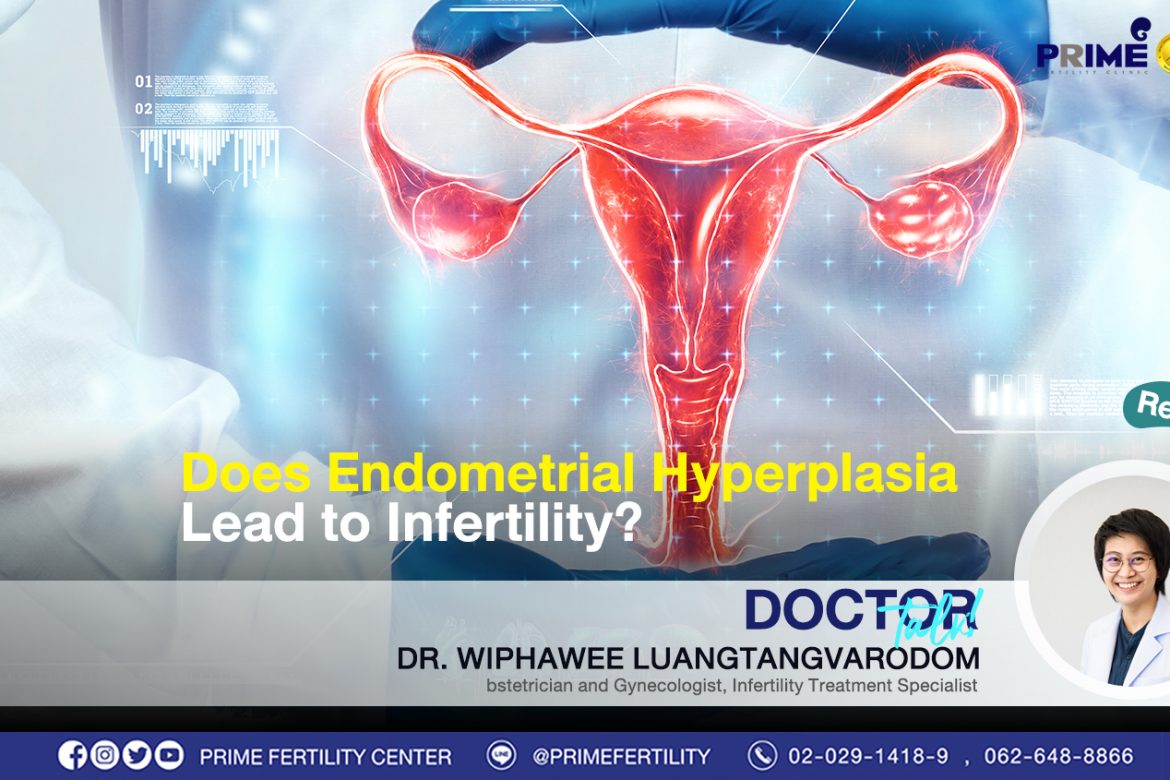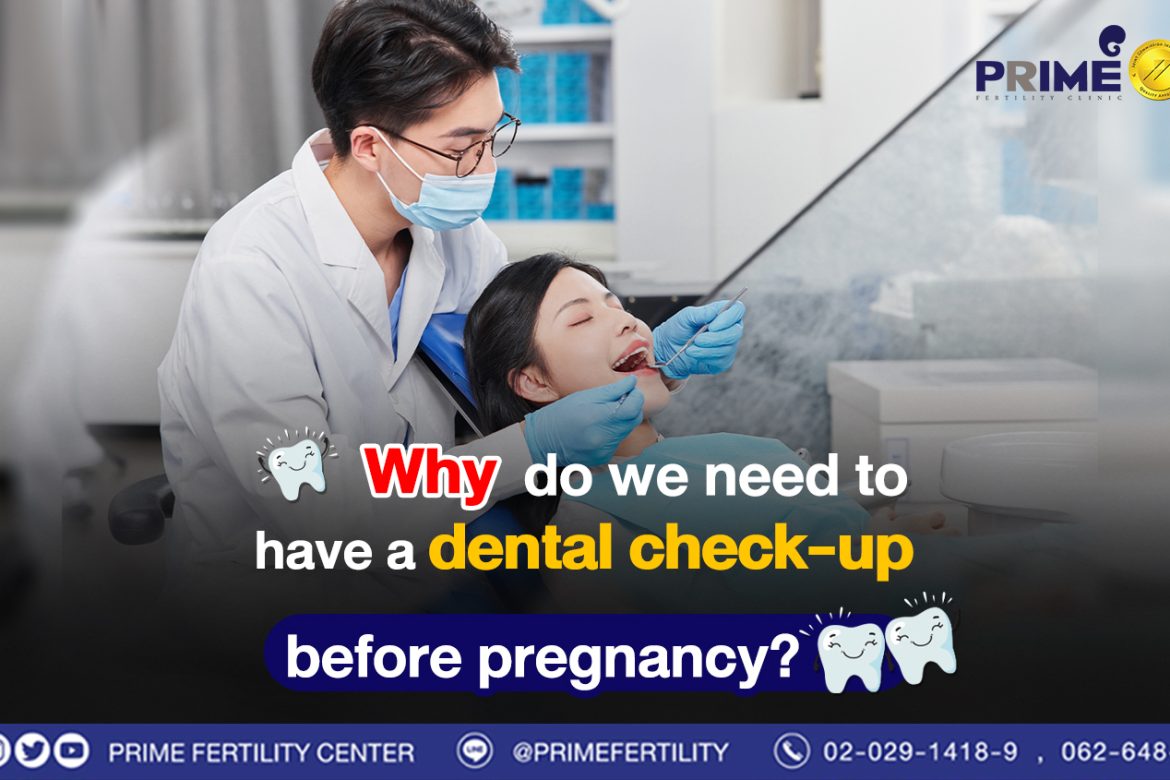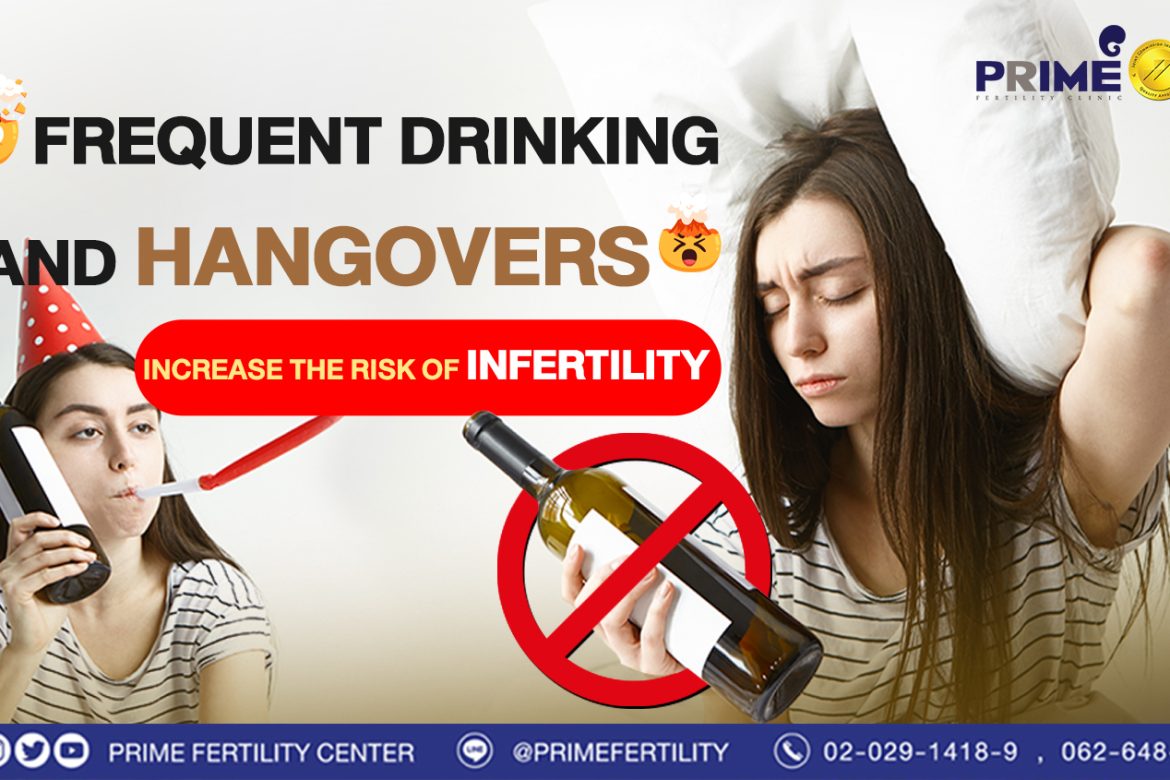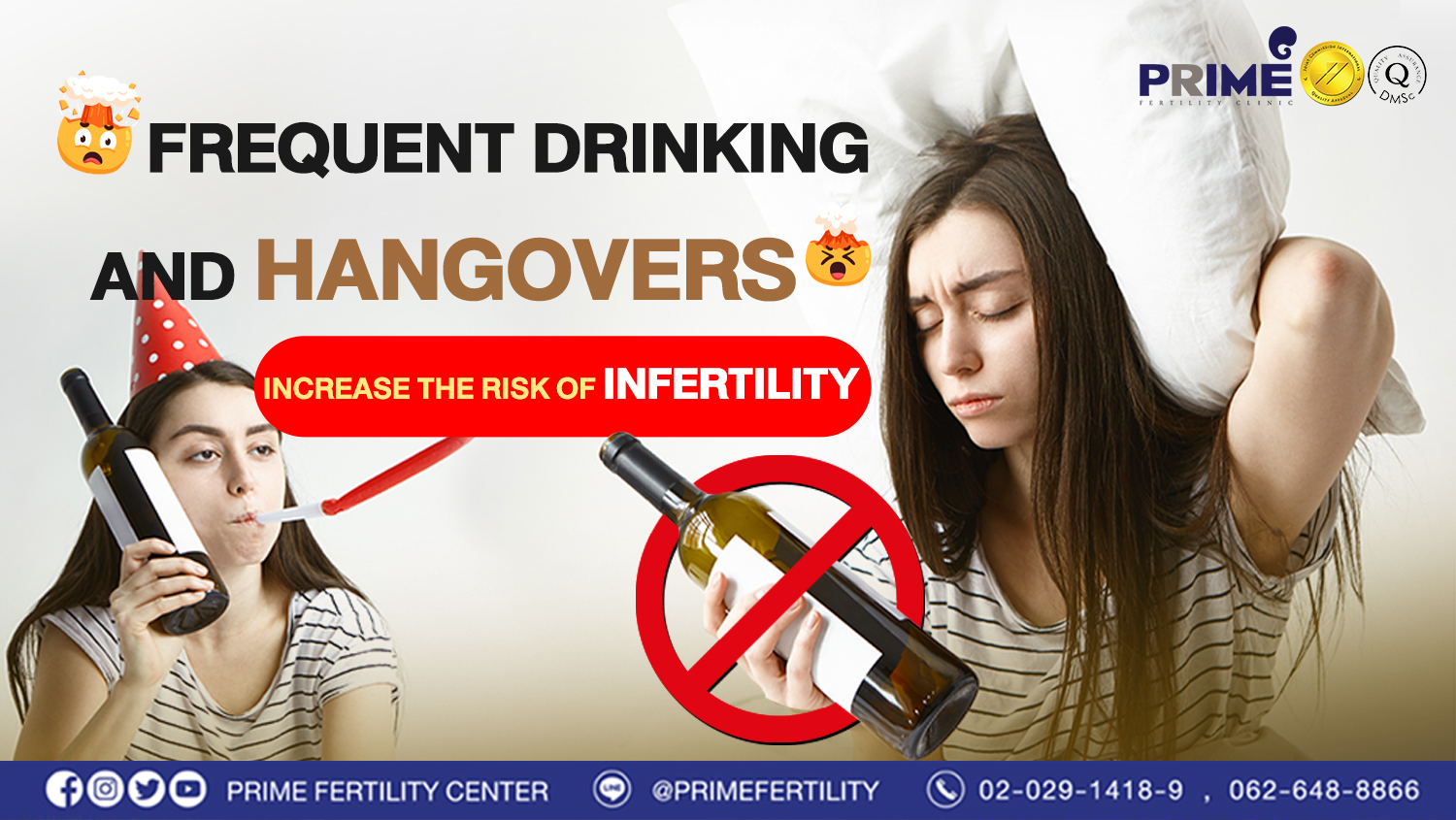There are two main causes of Endometrial Hyperplasia 1. Natural endometrial hyperplasia 2. Endometrial Hyperplasia from stimulation
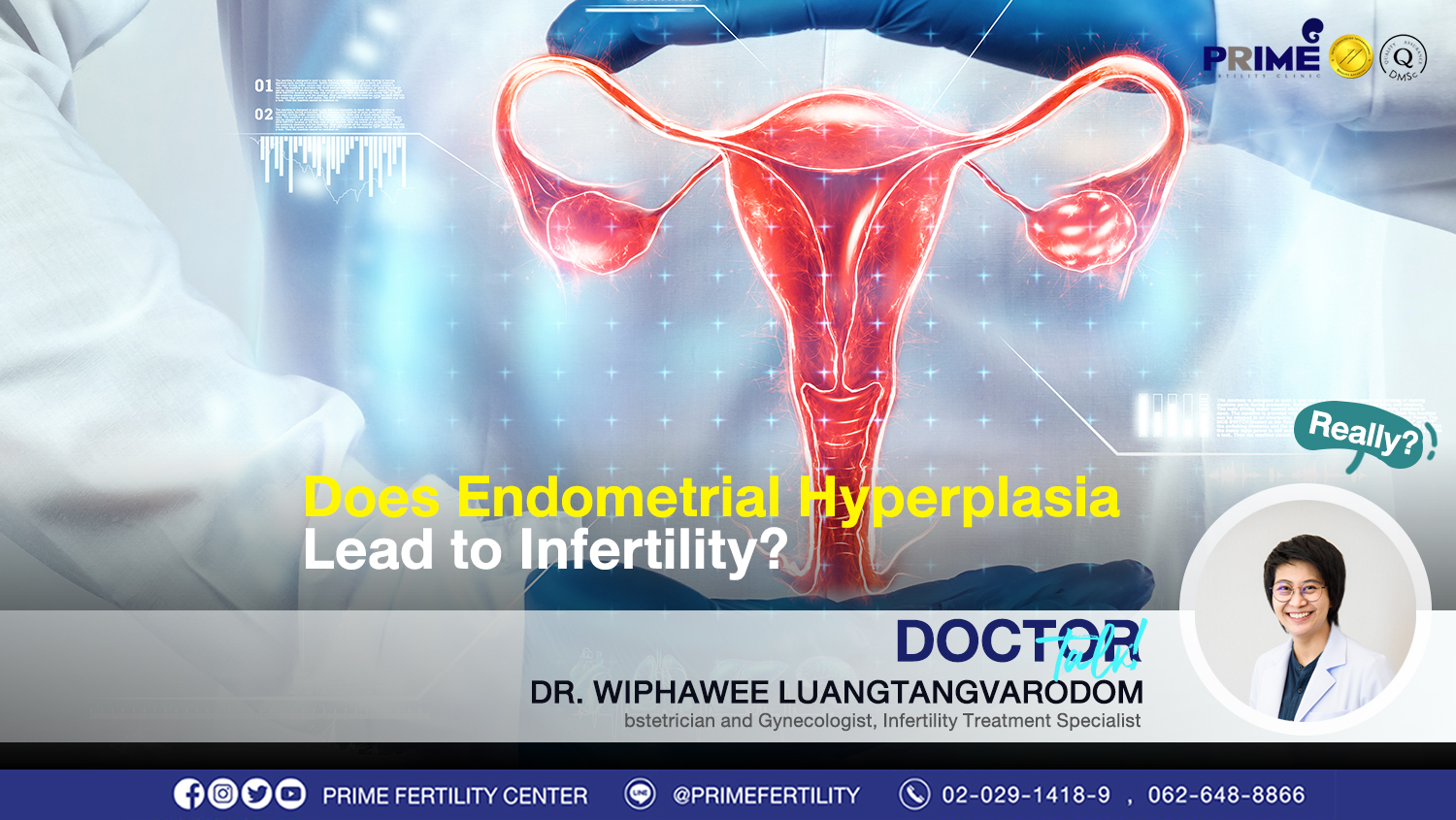
Whether Endometrial Hyperplasia affects fertility or not depends on the thickness of the endometrial line. A regular thickness should be at around 7-12 mm.
To start off, the first common cause of thick endometrium is anovulation or overstimulated endometrium. The second cause is that there are uterine fibroids in the uterus. The third cause, which is the most common one, is that there are uterine polyps in the endometrium, making the endometrial line look thicker.
Cause of endometrial hyperplasia varies. It could occur from anovulation, uterine fibroids, or uterine polyps. In addition, those who receive medication for uterus preparation, they might be too sensitive to the medication. To solve this problem, they might have to readjust the size or the level of medicine.
To be concise, the stated causes could lead to infertility and lower chance of embryo implantation.
However, to identify a suitable endometrium, it does not only depend on the thickness. We also need to focus on how it looks. The endometrium should be in a triple line pattern. Moreover, the endometrium should not be cloudy.
Another cause of endometrial stimulation is that some people don’t realize they take medication that has the stimulation effect such as phytoestrogen, Pueraria candollei Graham, Curcuma latifolia, coconut water, soybean. These ingredients contain estrogen. When stimulated by these, the endometrium becomes thicker and the lypos grow bigger.
You can check to see if you have received any of the stimulating factors listed above since they could be one of the factors that cause endometrial hyperplasia.
–
Reference: Prime Fertility Center Co., Ltd.

